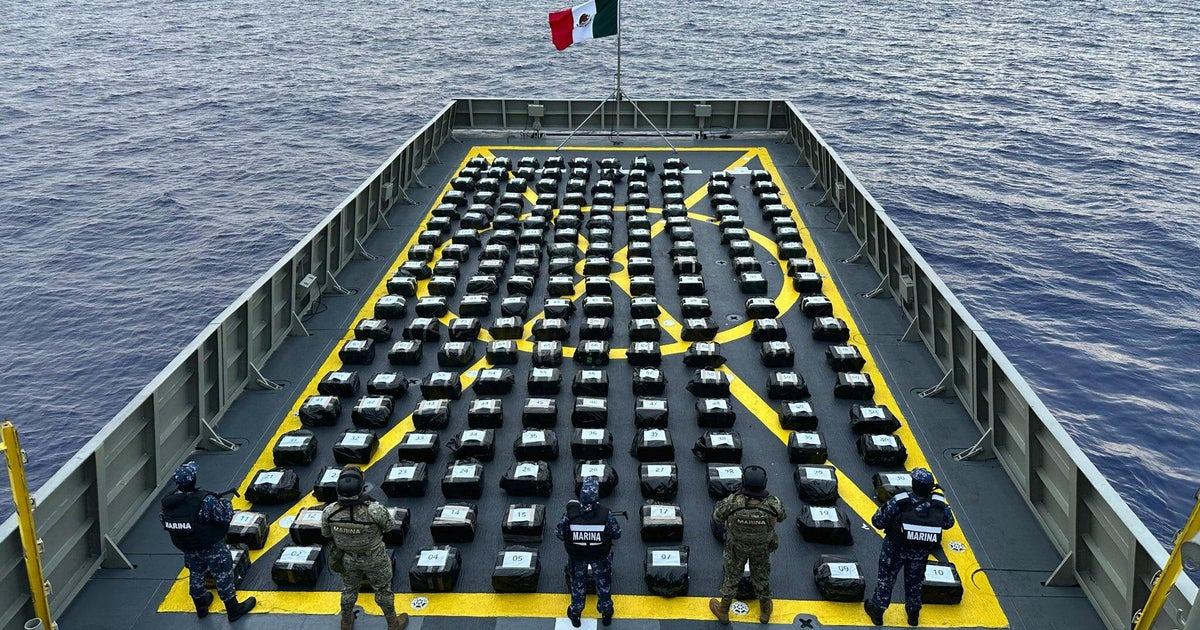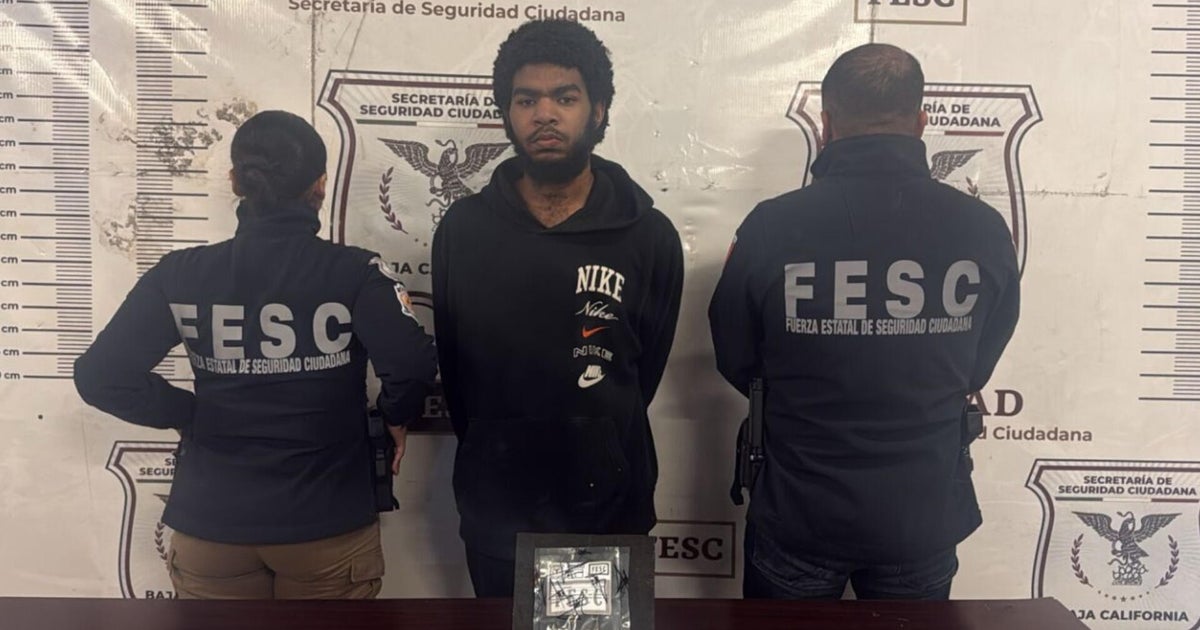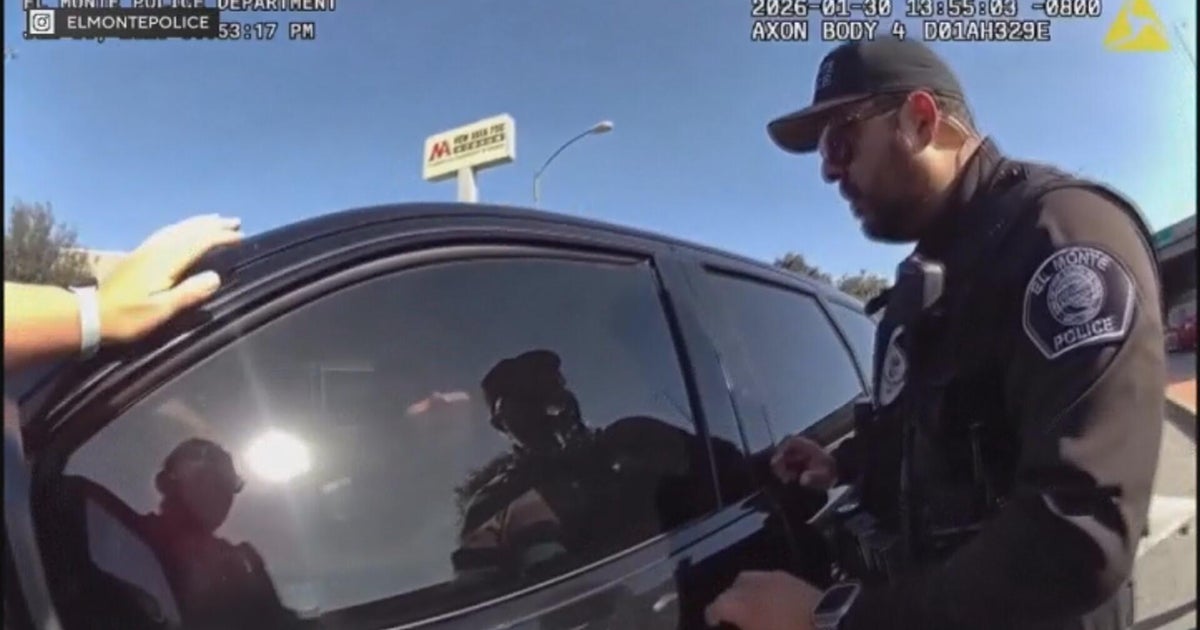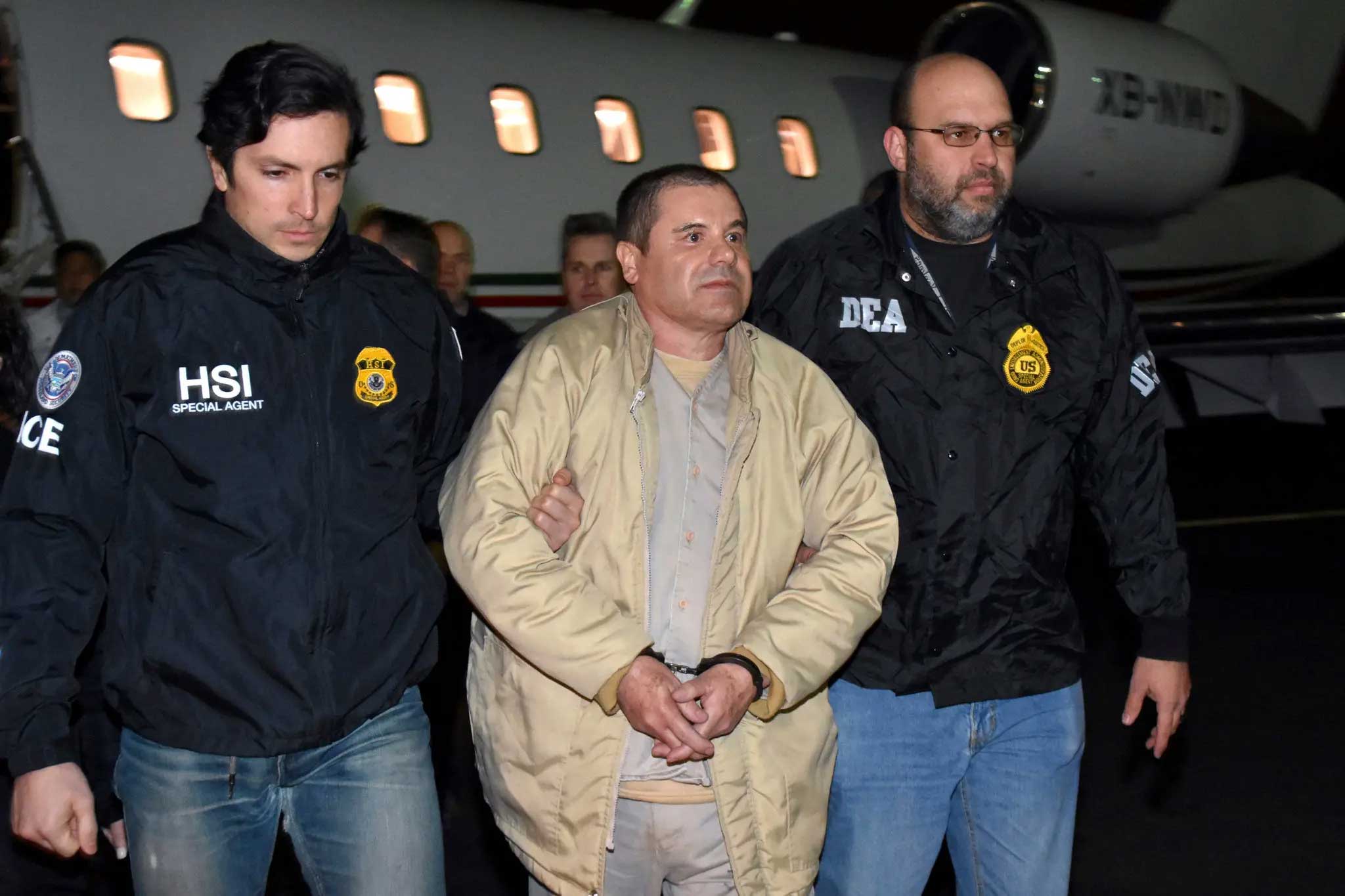The Deadliest Assignment: Reporting in Mexico
Sirens blared as a Ciudad Juarez State Police Officer raced down the street en route to the day's latest murder. Someone had been shot and the suspect was still at large. The officer arrived at an empty field on the outskirts of "La Valle de Juarez," an area notoriously violent and under control of the cartels. It doesn't take long for them to discover the body.
It's a typical Saturday night in the city of 1.3 million people, located just steps from the border with El Paso, Texas. Cd. Juarez has been plagued by violence since 2009 when President Felipe Calderon declared war on the country's drug cartels.
While a crime scene like this would often attract many local journalists, that night there was only one photographer -- from the newspaper "El Diario." He stood behind the police tape photographing the body.
"Normally when we come here to cover to this area, we travel in groups," said Fernando, who asked us only to use his first name for safety reasons.
"Do you feel safe here alone?" we asked him.
"Truthfully, no" he said.
Mexico has become one of the most dangerous places in the world for journalists. Reporting on cartel violence and government corruption has led to 100 journalist killings in the past 25 years, according to the Committee to Protect Journalists. This year alone 8 journalists were killed, including Miroslava Breach, one of Mexico's leading investigative reporters. She was gunned down outside her home after reporting on collision between cartels and government.
Luis Chaparro, 28, is a freelance journalist who worked closely with Breach at "El Norte," a newspaper based in Cd. Juarez. CBS News correspondent Manuel Bojorquez met with Chaparro in downtown Juarez, just steps from the United States.
"Every journalist in Mexico is a target now," Chaparro said. "She was brave. I felt that bullet was too close for me."
Oscar Cantu, the owner of "El Norte," where Breach's articles were published, said Breach knew she was publishing dangerous content, but never told him she felt in danger, though "she must have known."
Cantu showed CBS News Breach's final report in which she wrote, "by either threat or just being complicit, the heads of narcos in all of these regions (Chihuahua State) have infiltrated local governments."
Cantu believed it was likely that exact report lead to her death.
Chihuahua State Attorney General Cesar Augusto Peniche is leading the investigation into Breach's murder.
"Many of the cases that have been left unresolved, it's because many prosecutors in the country don't have the sufficient resources to adequately address homicide cases," Peniche said.
Friends and colleagues of Breach worry her case may become one of those unsolved killings. According to the attorney general's office, 90-percent of journalists killings have gone without prosecutions, and five months after her murder, no arrests have been made.
This summer the Committee to Protect Journalists sent a delegation to Mexico to speak with Mexican President Enrique Pena Nieto about the reigning impunity for journalist killings. Carlos Lauria was CPJ's American Program Director - he told President Nieto the unsolved killings of journalists threaten the foundation of democracy in Mexico.
"There needs to be a strong signal from the top authorities of this country that impunity will be addressed. One of these cases needs to be solved entirely. Perpetrators, master minds, all of them. And they will be punished with the fullest sense of the law," Lauria said.



